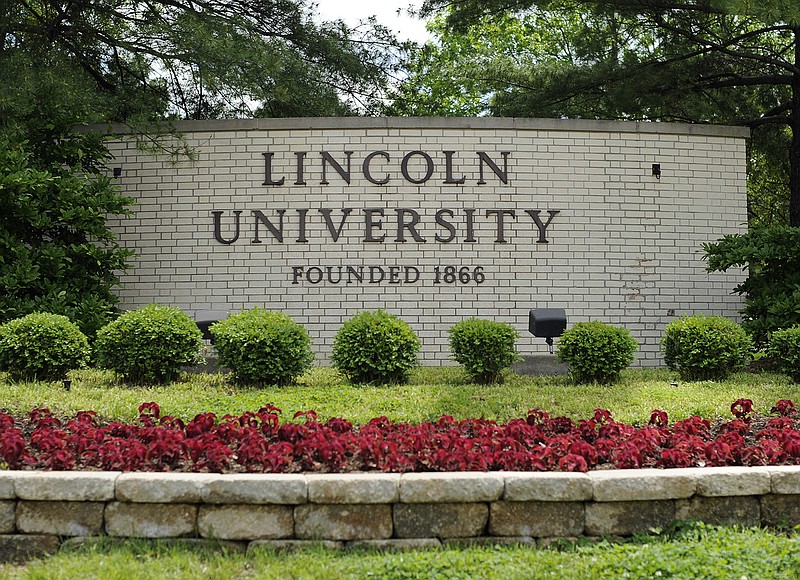This article is free to all readers because it includes information important to public safety and health in our community.
While the budget and finance committee of Lincoln University's Board of Curators found Monday that Lincoln's finances are in overall satisfactory shape, there are still effects from the COVID-19 pandemic that still need to be sorted out.
Long-term, LU already faced a trend of declining enrollment that affects its finances - which the pandemic added to - but administrators said Monday the enrollment decline this fall was not as steep as originally expected.
Sandy Koetting, Lincoln's vice president for administration and finance, said while a 25 percent enrollment decline had been expected, it was actually 15-17 percent.
Other aspects of the pandemic's effects on LU's finances are not yet as clear, however.
State budget withholds in the spring prompted the university's leaders to take measures including a declaration of financial exigency in order to enter into talks with its faculty union about faculty cuts.
Curator Richard Popp, who chairs the budget and finance committee, asked Monday how the board knows when the university is no longer in financial exigency, and who decides.
LU President Jerald Jones Woolfolk said the president decides, and "We will let you know when it's over."
Woolfolk said a decision about lifting financial exigency will be made once the situation with the pandemic stabilizes.
Jacqueline Shipma, LU's legal counsel, said there's no anticipation of any further faculty layoffs, but that also depends on how enrollment does.
Shipma added collective bargaining discussions with the union are scheduled for next month, for re-negotiation of the university's expiring labor agreement, and she said the subject of faculty pay raises would probably come up.
Koetting said any raises would not take effect until the 2022 fiscal year budget.
She said there's also been no decision yet on what to do with remaining contingency funds at the president's discretion.
State budget withholds in the fall were a little less than expected - 13 percent compared to the 20 percent expected - and not only was that enough for the university to undo a 2.5 percent cut to employees' pay enacted earlier in the year, but remaining funds from the difference were put into a contingency fund, to be held there until the university had a better idea of what the state of its budget would be.
Koetting said outstanding needs have to be looked at before any decisions about those funds are made.
The committee meeting Monday was an informational one, where Popp and fellow curators and committee members Everidge Cade and Terry Rackers - both of whom are new on the board this year - got a picture of the university's finances based on a draft version of its most recent audit, and requested further documents and summaries.
Koetting said the audit's financial statements are still in draft form because the auditors are waiting on federal guidance on how to audit Coronavirus Aid, Relief and Economic Security Act funding.
She said the goal is to have the audit finalized in December and have a revised budget for the current fiscal year by Christmas.
In the meantime, based on what was shared Monday of LU's fund balances and ability of its assets to cover liabilities, Popp said the university's cash situation is "satisfactory" but added he would like to see comparisons to peer institutions.
"Right now, we're fine, in terms of reserve cash," he said.

